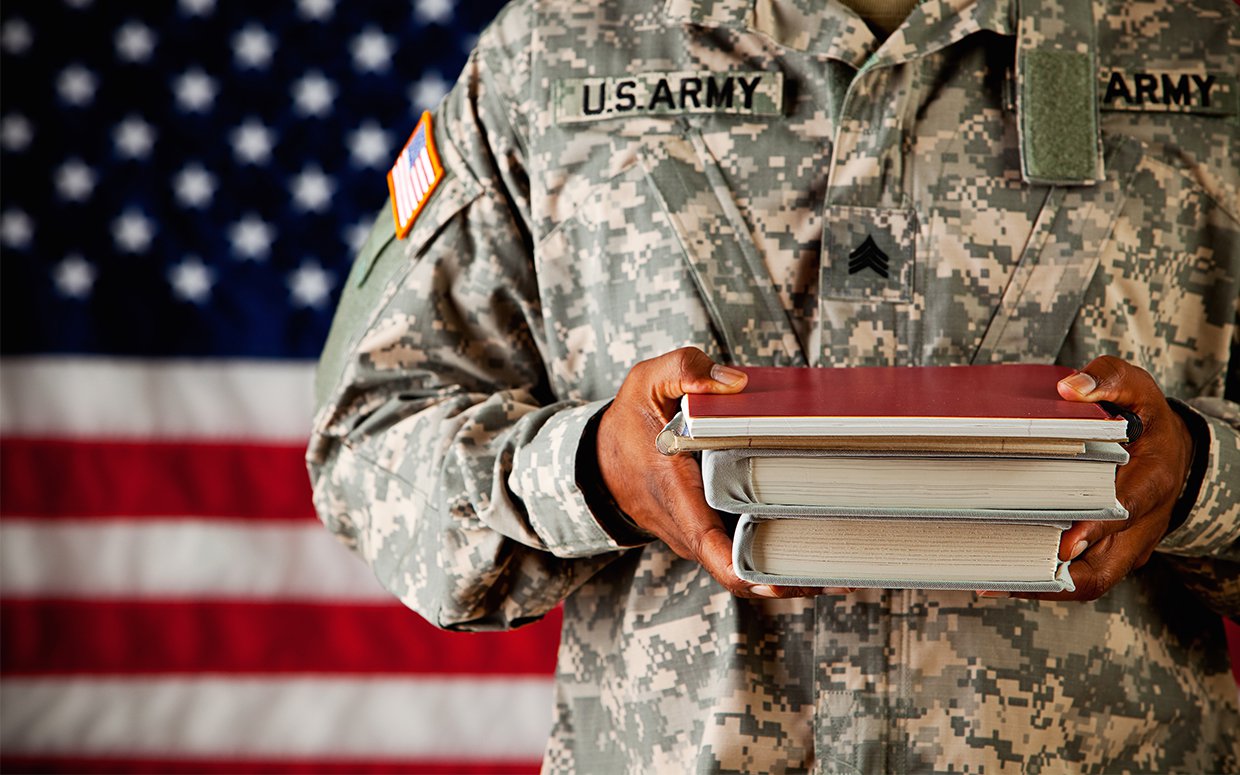
Military Spouse Employment 101
Military Spouse Employment Manual Holding down a job while your spouse is in the military is easier than you might think. While the military often throws a monkey wrench into best-laid plans, your career doesn’t have to be one of them. Military spouses have successful careers in all types of industries. Want to be a writer? A teacher? An entrepreneur?…








